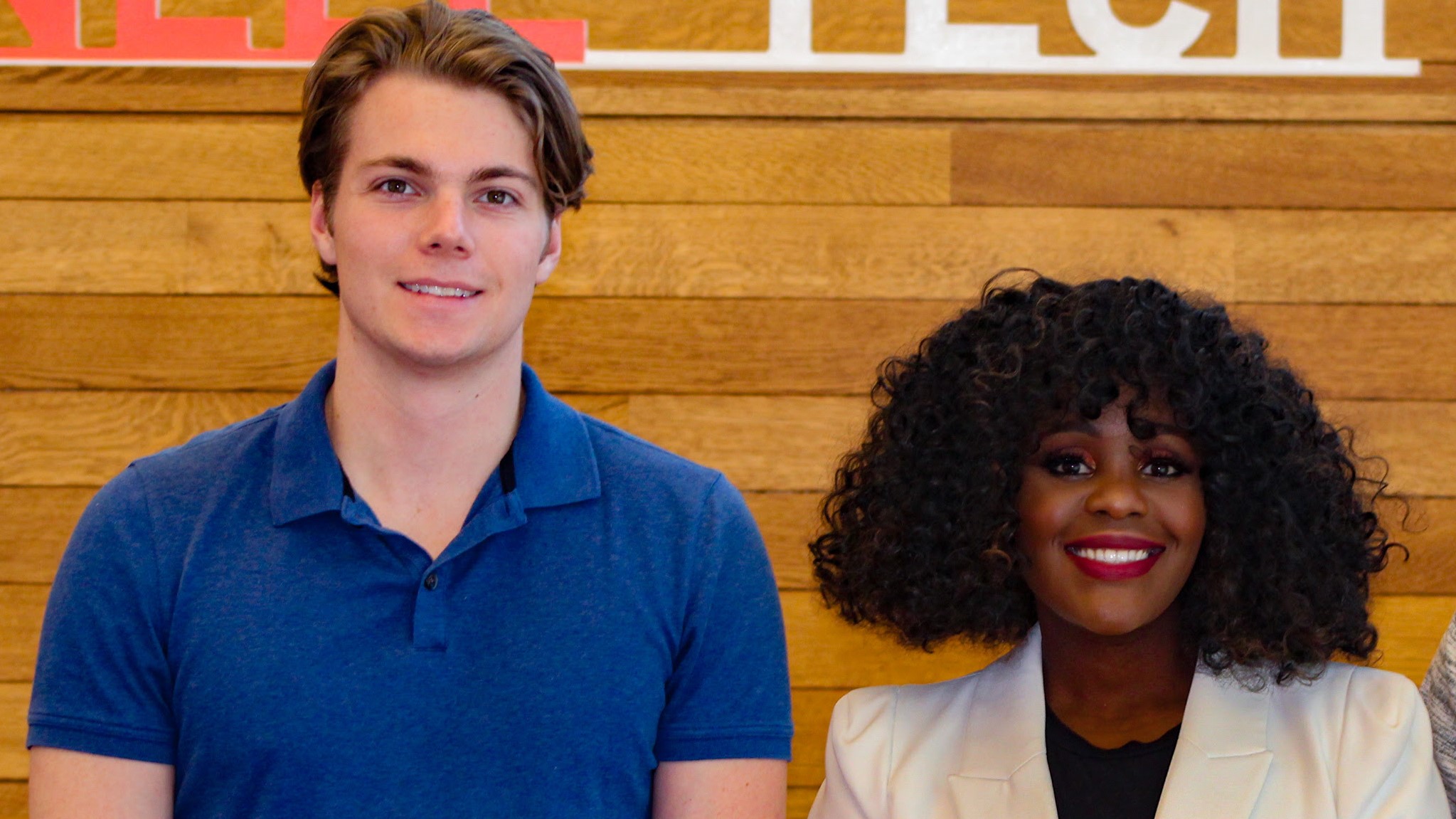Just a year after its founding the legal tech startup Anü has shut down, having struggled to find customers and develop the right business model.
As I wrote about Anü in a post last November, it set out to solve the problem of startup founders unable to find the right lawyer, particularly founders of color or who are women. It used artificial intelligence to match startups with the lawyer best suited to represent them.
It was founded by a lawyer and data scientist who met while pursuing advanced degrees at Cornell University. Tiyani Majoko was a lawyer in South Africa who moved to the United States to get an LL.M. in law, technology and entrepreneurship. Maxwell Wulff earned a master’s degree in engineering with a focus on operations research and information engineering.
Earlier this year, they went through the LexLab legal tech accelerator program at UC Hastings Law School, an experience Majoko discussed in a recent episode of my LawNext podcast, together with LexLab’s director, Drew Amerson.
‘The Journey Has Come To An End’
But in an email Friday, the two founders said, “The journey of Anü has unfortunately come to an end.”
In the email, the two founders shared their perception of what went right over the past year, and of where they struggled.
As for what went right, they said they had paying customers, with both law firms and startups having paid them for their service. They helped more than 70 founders get access to legal services, they said, and lawyers earned $60,000 from the referrals they made.
They also cited the diversity of their team, with a Black female CEO, white male CTO and two AAPI interns, and that their company supported women by hiring women to design their website, assign them interns, create their logos, wrote their website copy, and develop their branding.
Among other successes they cited were building an integrated platform end-to-end on top of text analysis algorithms that helped eliminate human bias from their referral process, and then using that tech “to pursue a mission that we cared deeply about.”
Despite those and other successes, they said, they struggled in four significant respects:
- Finding a scalable, cheap way to acquire customers on the startup side.
- Developing a business model that was repeatable and scalable.
- Creating offerings beyond the initial consultation to retain customers on either the lawyer or startup side.
- Difficult navigating the regulatory environment for legal marketplaces because of restrictions on fee sharing and referral fees.
The good news is that both founders have secured new employment. Majoko is working at the World Bank Group as a legal operations analyst and Wulff is now an engineer for a logistics company.
 Robert Ambrogi Blog
Robert Ambrogi Blog